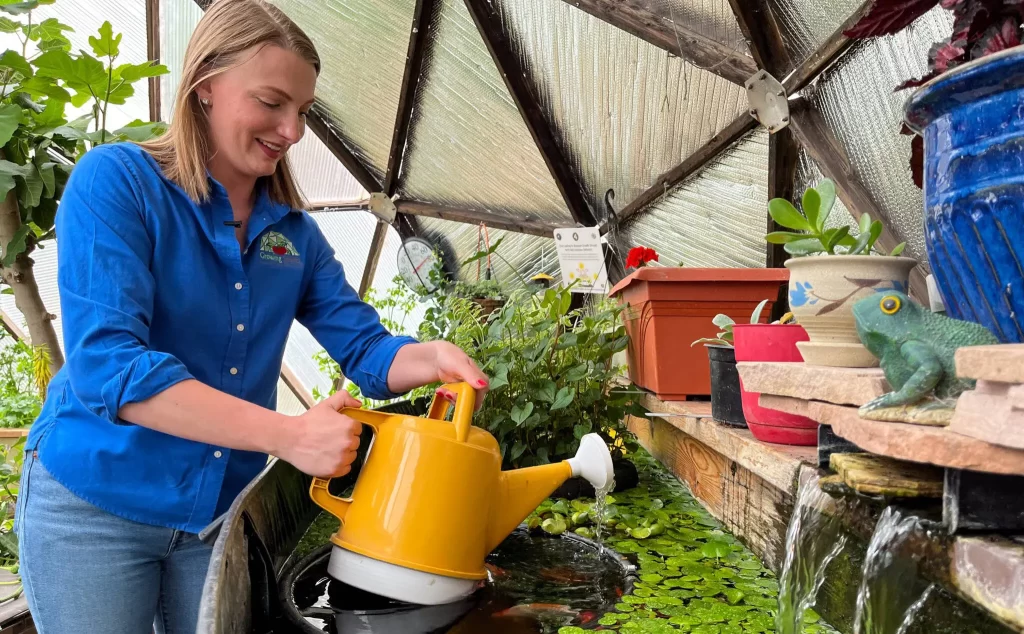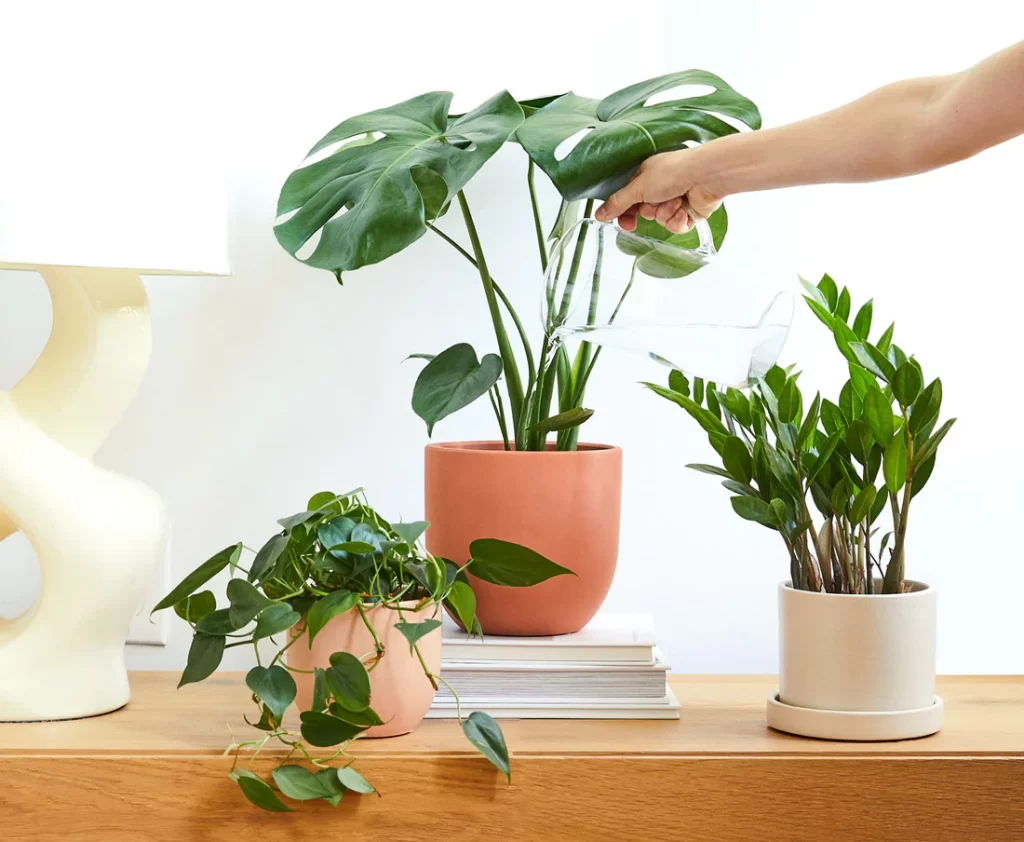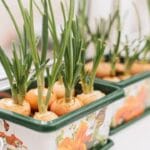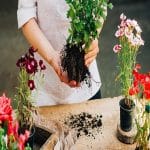
Image Credit – Hema
If you’re new to gardening or houseplant care, you’ve probably been bombarded with tips, tricks, and a long list of products to buy—from fertilizers and plant food to growth stimulants and soil additives. But here’s the truth: many plants can grow beautifully with just the basics. In fact, the simplest and often most effective approach is to stick to water for plants. That’s right—no need for complicated routines or expensive additives. In this post, we’ll explore why water alone can be the healthiest and most sustainable option for your plant care regimen.
Stick to Water for Plants: The Natural Way to Keep Them Thriving

Why Water Is All Your Plants Might Need
Water is the foundation of all plant life. It helps with nutrient absorption, aids in photosynthesis, and keeps plant cells turgid (firm and upright). When you stick to water for plants, you’re not neglecting them—you’re trusting in nature’s original formula.
Rainwater, the most natural form of hydration, contains trace minerals that nourish plants. If you’re collecting rainwater or using filtered tap water, you’re already providing excellent care. Even basic tap water, when allowed to sit out overnight to reduce chlorine, is often sufficient for most indoor and outdoor plants.
Avoiding Chemical Build-Up
One of the biggest issues with synthetic fertilizers and additives is salt and mineral buildup in the soil. Over time, this can harm roots and stunt plant growth. It’s a common issue for indoor plants, where natural rainfall doesn’t help wash excess nutrients away.
By choosing to stick to water for plants, you avoid overfeeding and allow the soil to maintain a more natural balance. This is especially important for potted plants, where drainage is limited and chemical residues can accumulate quickly.
Low-Maintenance and Budget-Friendly
Let’s face it—gardening supplies can get expensive. Fancy fertilizers, soil conditioners, and plant boosters often promise miracles, but they come with a price tag and can complicate your routine. Water, on the other hand, is accessible, affordable, and easy to manage.
For people with busy schedules or those just starting out with plant care, keeping things simple is a win-win. Most common houseplants like pothos, snake plant, ZZ plant, and spider plant can thrive for years with just regular watering and good light.
Good Soil Matters
Now, sticking to water doesn’t mean you should ignore soil quality. The initial potting mix you use plays a big role in your plant’s health. A well-balanced potting mix provides essential nutrients that plants can use over time. Once the nutrients are depleted—usually after 6 to 12 months—you can either repot the plant with fresh soil or add a small amount of organic compost to rejuvenate the mix.
Even with that, you don’t need to reach for chemical fertilizers. Just let the natural cycle run its course and supplement only when needed, using organic methods.
Preventing Overwatering
While sticking to water is simple, one common mistake is giving too much of it. Overwatering is one of the top causes of houseplant decline. Make sure you understand your plant’s specific watering needs. Use your finger or a moisture meter to check the soil before watering.
Most indoor plants prefer the soil to dry out slightly between waterings. Consistency is key, but that doesn’t mean frequency. Only water when your plant actually needs it.
When to Use More Than Just Water
While many plants do perfectly fine with just water, some heavy feeders—like fruiting or flowering plants—may require additional nutrients during peak growing seasons. But even then, it’s better to start small and opt for natural options like compost tea or diluted fish emulsion.
The takeaway? Water should always be the base of your care routine. Additional feeding should be the exception, not the rule.
If you want a stress-free, low-maintenance, and healthy approach to plant care, it’s wise to stick to water for plants. It’s safe, budget-friendly, and keeps your plant care routine refreshingly simple. Focus on good soil, appropriate lighting, and consistent hydration—and your plants will thank you with lush, vibrant growth. Let us know in the comments: Do you use only water for your plants, or do you add other nutrients? We’d love to hear what works best for you!
Frequently Asked Questions
Is it okay to stick to water for plants without using fertilizers?
Yes, for many houseplants and garden varieties, plain water is sufficient as long as the soil is nutrient-rich and regularly refreshed. Over-fertilizing can do more harm than good.
What kind of water is best for plants if I want to stick to water only?
Rainwater is ideal, but filtered or dechlorinated tap water also works well. Letting tap water sit overnight helps remove chlorine, making it safer for plants.
Can sticking to only water stunt plant growth?
Not necessarily. If your soil has enough nutrients and you repot or refresh the soil occasionally, your plants can grow well on just water. However, some heavy feeders may benefit from occasional natural compost or organic amendments.







